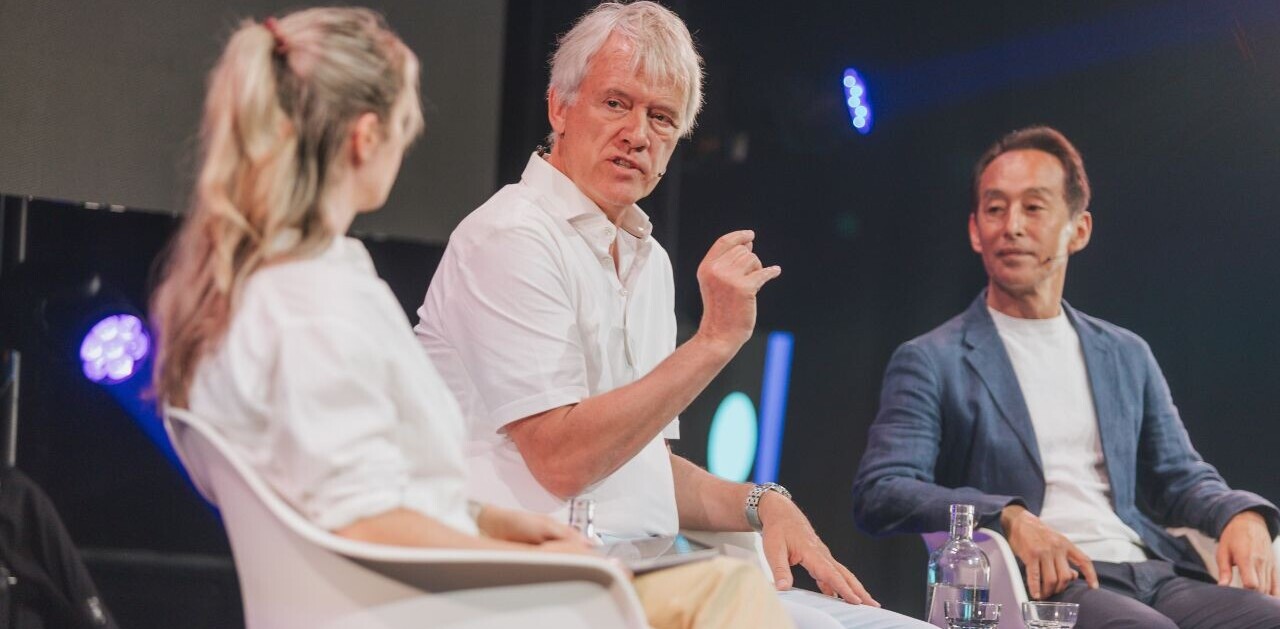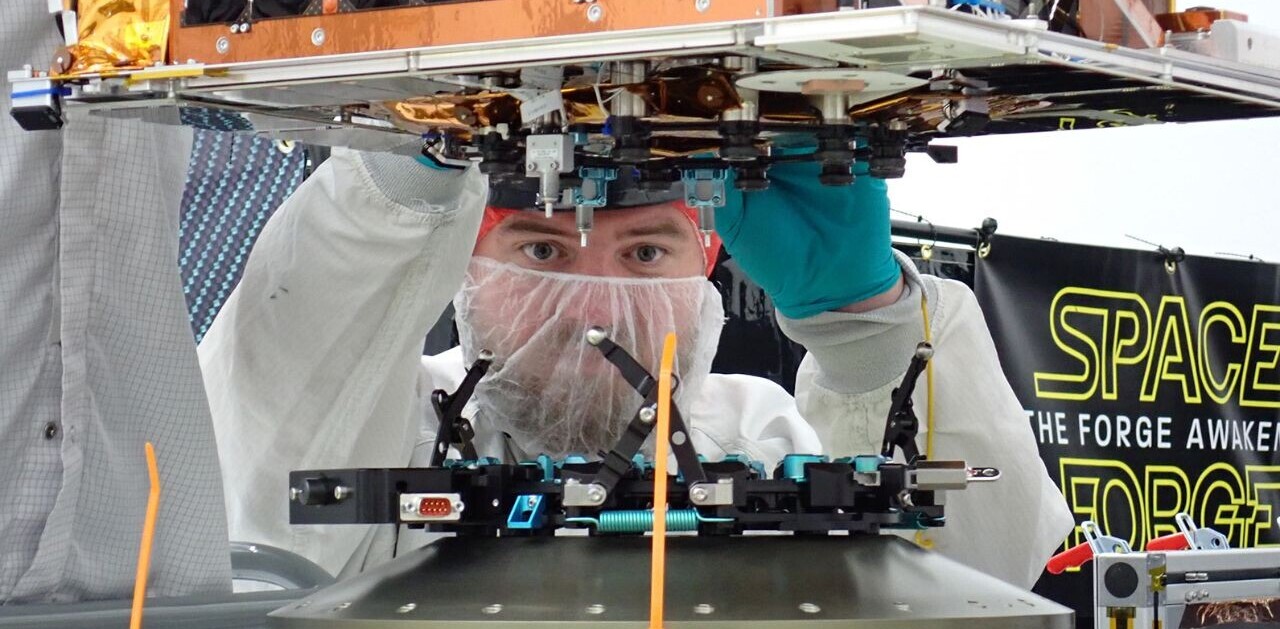
When you’re founder, and have spent a ton of your time building your operations, it can be tempting to try to be the hero who does it all. But to keep your company growing, and keep your company’s culture and your own life healthy, you’ve got to be able to face your own limitations and recognize that you can’t do it all.
I’ve learned all these things myself as I’ve grown my leadership and my companies over the past several years, so I’m not telling you anything I haven’t learned myself.
If you’re still trying to be the hero of your business, here are the top three mistakes you’re making — and what you can do to keep from making them.
You’ll be the limiting factor in your growth

This was one of the first lessons I learned as we were starting our companies. The tighter I held onto aspects of my business, the more I stifled their growth. I had to have a serious conversation with myself and with my wife and co-founder about what we really wanted our businesses to be, and what we wanted our leadership to mean.
We determined that we wanted to own companies, not run companies, and that there would be a big difference between the two.
If I really wanted to do that, I had to empower the leaders I’d hired and delegate portions of my leadership to them. Once I got out of their and my way, my businesses and my leaders flourished at levels I hadn’t even dreamed of.
If you want to stay the hero, your business will stay small. If you want to be big, you’ve got to let everyone else be the hero and empower your team to help grow it.
You won’t get the help you need in ways that work

We knew we wanted to retain control and not accept any outside funding, and that meant money would be pretty tight in the early days. That meant we had to start small and be very strategic in the ways we hired.
I couldn’t ride the CEO ego train and build up a big staff to make me feel important.
Our first employee came on board for a whole five hours a week — and we liked what we saw, as she’s now the president of eaHELP.
We used scalable hiring practices, adding contractors, freelancers and part-time employees to build out the areas of business that needed help. We didn’t add help a moment before we needed it, but we did add it. And adding team members in this way helped us find people who’ve become key leaders in our companies.
By adding the help we needed in ways that worked for our goals, we found people that we knew we liked working with and who liked working with us.
You’ll never get to do your real job as a CEO

My real job as CEO is to remind everyone across all my companies why we’re doing what we’re doing.
I don’t tell people what to do anymore — I tell them why we do it, and leave the “what” up to my leaders, trusting them to get things done.
My job is to communicate to them that I trust them, that I’m there to support them, and that we’re going great places together. I get to cast vision, encourage my people, plan for the future, and do my real job as a CEO because I learned several years ago that I couldn’t be the hero. And I shouldn’t be.
It can feel really good to be the hero of your business. I get that — I really do.
But only by helping others be the hero, and giving away parts of your leadership, will you really see your business and your own leadership grow. And that will feel really, really good in the long run.
Get the TNW newsletter
Get the most important tech news in your inbox each week.




